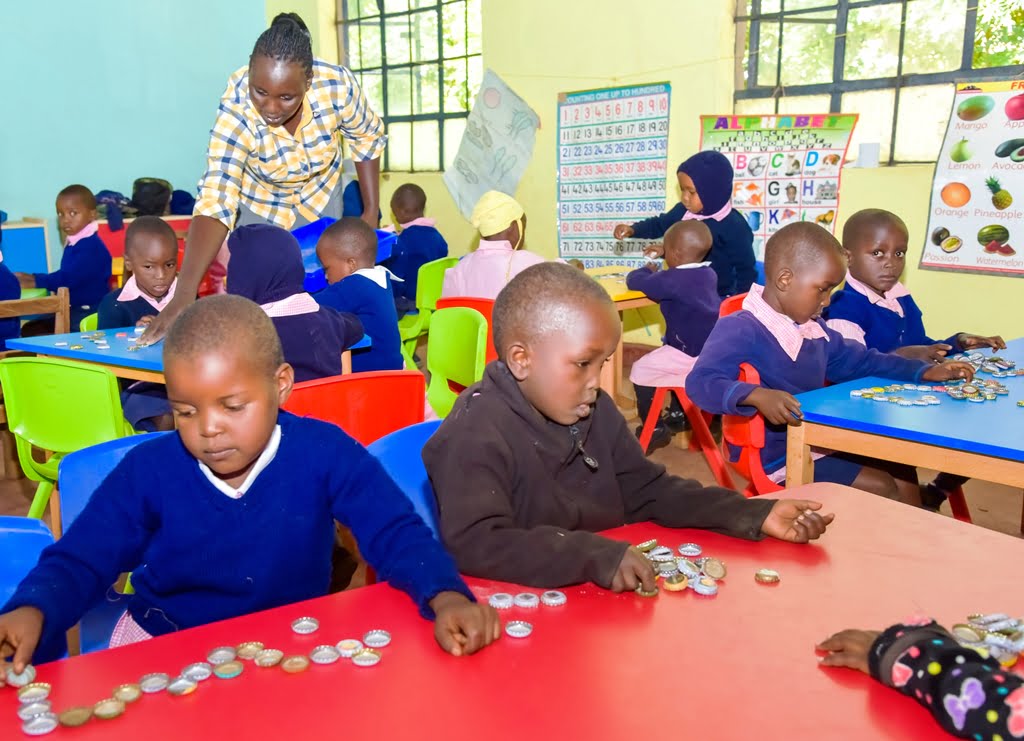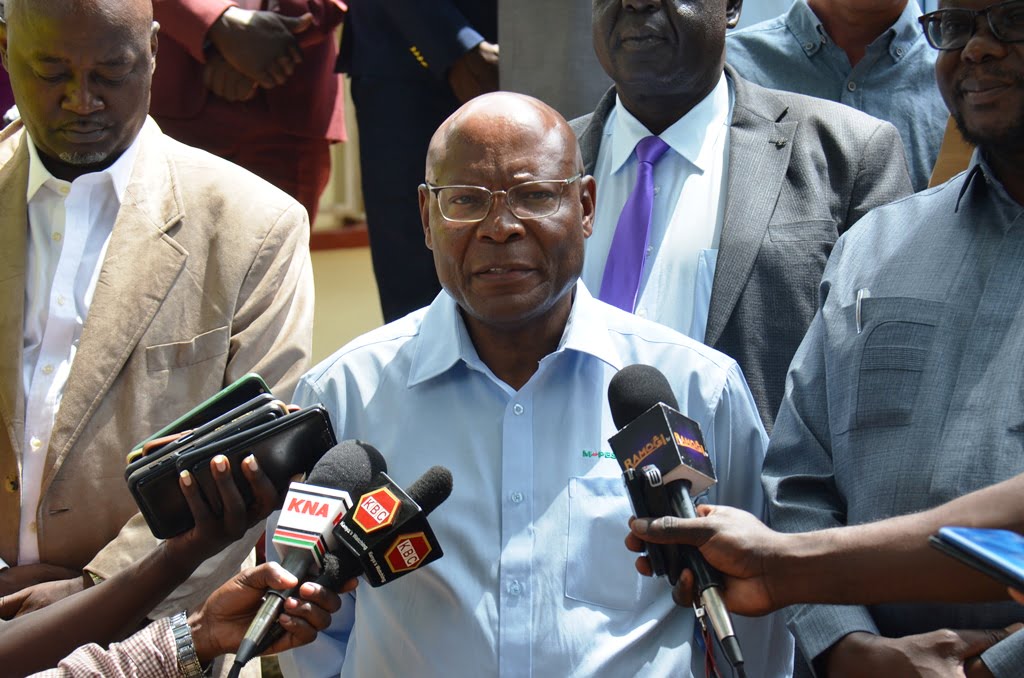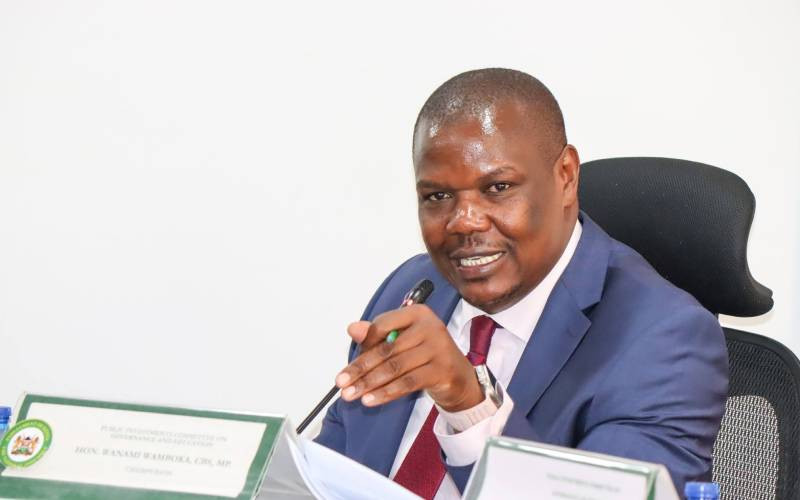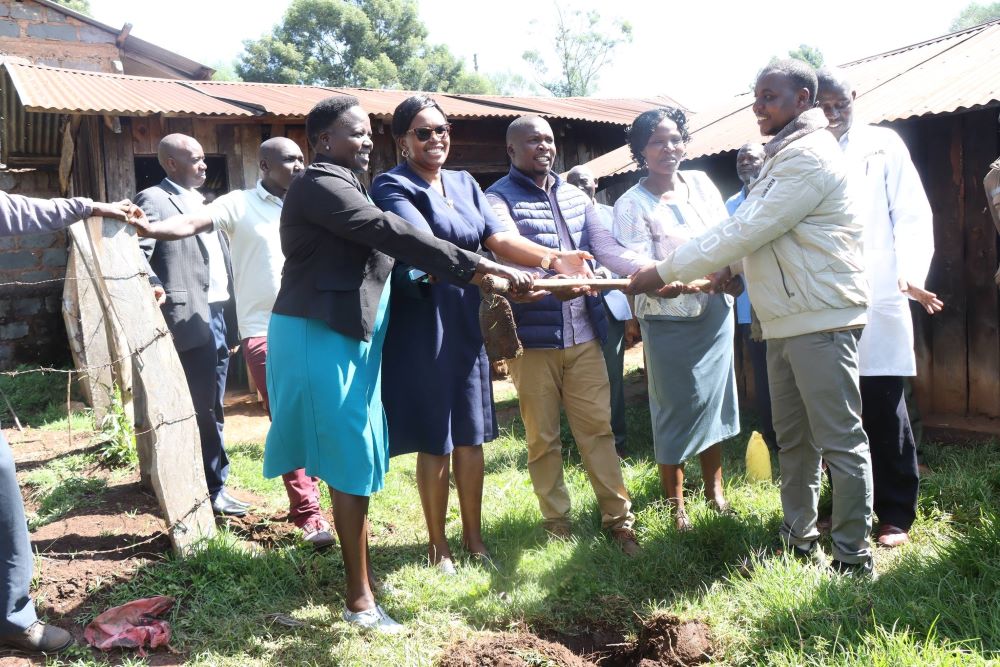Let’s face it; normal has failed us. For decades, Kenya’s classrooms have been run on the same tired script: chalk, talk, copy and repeat. Teachers drone, learners yawn, and exams judge everyone by the same narrow standard, as if life itself were a multiple-choice question. The system worships routine and kills curiosity. Yet in the real world, success belongs to those who question, create and dare to be different.
It’s time we said it loudly: normal is boring and dangerous. Kenya’s classrooms don’t need another curriculum update or a fancier grading app. They need a revolution. A radical shift from mechanical learning to meaningful education. From memorisation to imagination. From silence to expression.
Walk into most classrooms today, and you will see it: the slow funeral of curiosity. Learners sit in perfect rows, their minds shackled by fear of getting an answer wrong. Teachers stick to the textbook as though deviation were a sin. Every question must have one correct answer. Every idea must fit the marking scheme. But curiosity doesn’t live in marking schemes. It lives in chaos, wondering why the sky is blue, how machines think, and what might be done differently. When learners are punished for colouring outside the lines, we raise obedient followers, not creative thinkers.
We have confused discipline with docility. We’ve trained children to sit still instead of standing tall. We’ve taught them to memorise poems instead of to write them. And in doing so, we have produced individuals who can pass exams but cannot pass the test of life.
When the Competency-Based Curriculum (CBC) landed, it promised to shake things up. At last, education would move from content to competence. Learners would be creators, not crammers. But somewhere along the way, the revolution was tamed. CBC became another chapter in the textbook of normal. Teachers got lost in paperwork, administrators drowned in forms, and parents panicked about glue sticks and manila papers. The dream dimmed.
READ ALSO:
Keiyo North MP rallies residents to invest around Kipsoen National Polytechnic
Yet the spirit of CBC, learning by doing, thinking and creating, remains a powerful idea. We need to stop managing it like a government project and start living it like a philosophy. CBC shouldn’t be about ticking boxes; it should be about igniting minds. If CBC were a song, it was meant to be rock ’n’ roll, not elevator music.
Our classrooms have become fear factories. Learners fear teachers. Teachers fear supervisors. Supervisors fear politicians. Everyone fears results. We’ve built a pyramid of pressure where nobody breathes freely. The teacher who dares to innovate risks being labelled a ‘show-off.’ The learner who asks bold questions risks being silenced. And yet, innovation is born in defiance.
The late Professor Ali Mazrui once said that education should not only transmit culture but also transform it. Kenya’s classrooms are efficiently transmitting a culture of conformity. But transformation? That’s missing. We celebrate obedience more than brilliance. We reward repetition more than reflection. We measure intelligence with tests that can’t measure imagination. It’s time to turn the fear factory into a freedom factory.
A classroom is not a courtroom; it’s a stage. The teacher is not a judge but an artist; a storyteller, dramatist and provocateur. Imagine if lessons were alive. Suppose literature were acted, not recited, if science were experimented with, not explained. Suppose history were dramatised, not dictated. Imagine a classroom where learners debate, create and question with fire in their eyes. That’s not chaos; that’s learning. Real learning is noisy, messy and alive. A silent classroom may look orderly, but it’s often a graveyard of engagement. A revolutionary teacher doesn’t just cover the syllabus; he uncovers the learner.
Kenya doesn’t need more degree holders; it needs problem solvers. The future belongs to innovators who can turn ideas into impact. What if every school became a launchpad? What if learners left school with not just certificates but projects, portfolios and prototypes? What if every student could code, farm, design, write, act, invent or build before leaving high school? That’s the revolution we need.
Finland did it. Singapore did it. Rwanda is doing it. Why not Kenya? We have the brains, the energy and the stories; all we lack is courage. It takes courage to admit that the old system is obsolete. Courage to stop worshipping exams. Courage to let learners dream dangerously.
Every revolution begins with one rebel. The revolution in Kenyan education won’t come from policy papers or conferences. It will come from a teacher, one bold enough to throw away the script. A teacher who replaces punishment with partnership. A teacher who turns lessons into adventures. A teacher who doesn’t fear being different. Yes, the system might resist. Yes, colleagues might laugh. But revolutions were never meant to be comfortable. The Kenyan classroom will change only when its teachers dare to be extraordinary. Because when a teacher dreams, a generation awakens.
This is not a call for rebellion; it’s a call for resurrection. The resurrection of curiosity. The rebirth of joy. The return of wonder. Let’s stop teaching children what to think and start teaching them how to think. Let’s stop making them fear failure and teach them to fail forward. Let’s stop hiding behind chalkboards and start standing on the frontlines of creativity.
Normal is safe, but it’s sterile. Normal produces workers, not world changers. Kenya doesn’t need more normal. Kenya needs bold. Kenya needs bravery. Kenya needs a classroom revolution.
And it begins with me and you, the teacher who dares to believe that every lesson can light a fire because the future belongs to those who refuse to be normal. Normal is boring. Revolution is calling. Would you be able to answer?
By Raphael Angel
Angel Raphael is an educator and author passionate about reimagining Kenyan classrooms through creativity, courage and curiosity.
You can also follow our social media pages on Twitter: Education News KE and Facebook: Education News Newspaper for timely updates.
>>> Click here to stay up-to-date with trending regional stories
>>> Click here to read more informed opinions on the country’s education landscape
>>> Click here to stay ahead with the latest national news.






